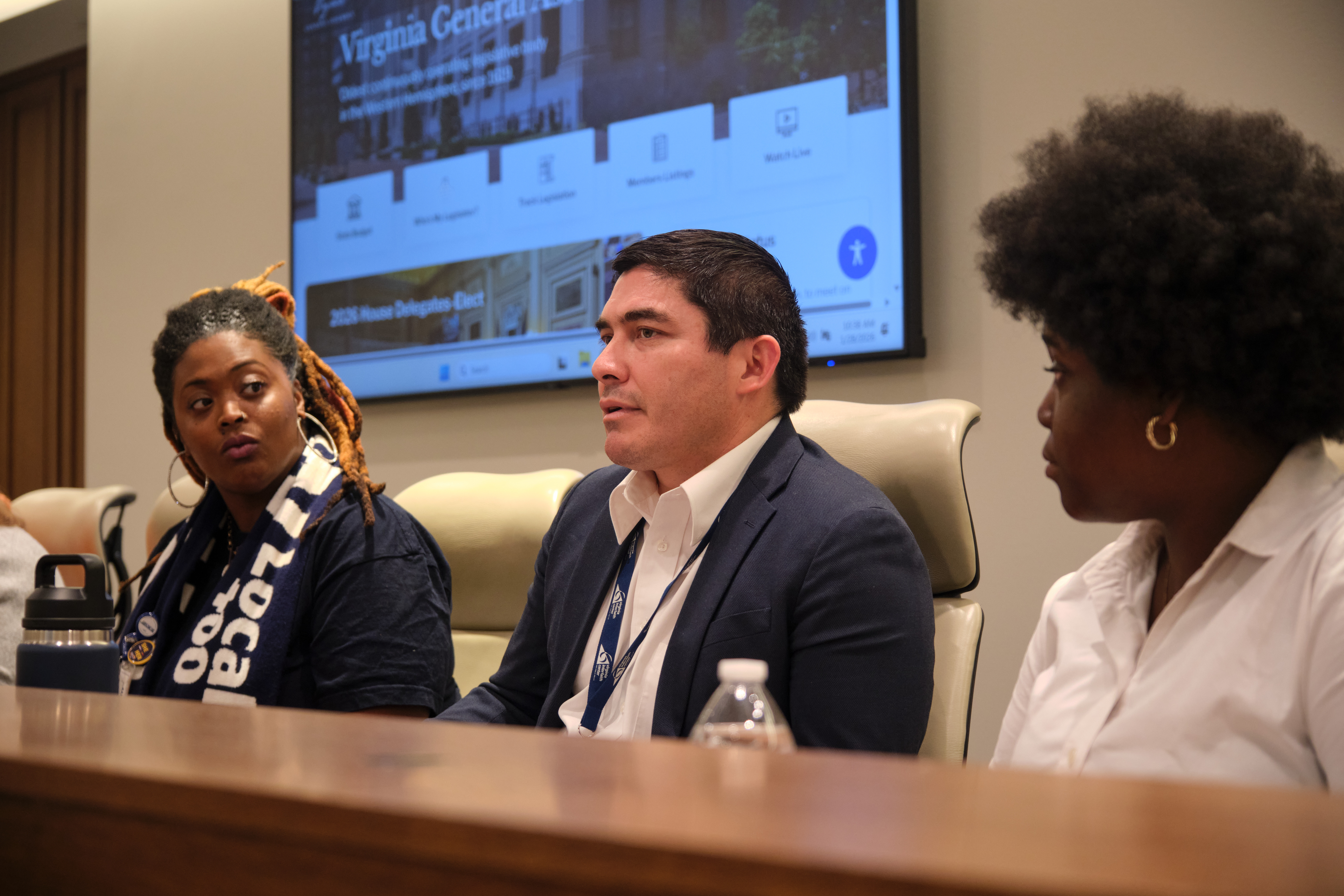Economic Justice
Advancing fairness, dignity, and opportunity in the workplace and beyond.
The Chance to Live, Work, and Thrive with Dignity
Working families and low-wage workers in Virginia often lack adequate wages, paid time to care for themselves or sick family members, and other essential workplace protections. Many working parents also lack access to affordable and quality child care, which can prevent them from being able to work, and can negatively impact the early education of their children. By addressing systemic barriers and advocating for just policies, we can create a stronger, more equitable Virginia.
Helpful Resources
An Interfaith Litany for Early Child Care Educators
What Faith Groups Say About Worker Justice
Five Things You Can Do to Stop or Deter Wage Theft
Related News and Commentary
Learn more about our passion for justice by following along with our media, press releases, commentaries and more.


